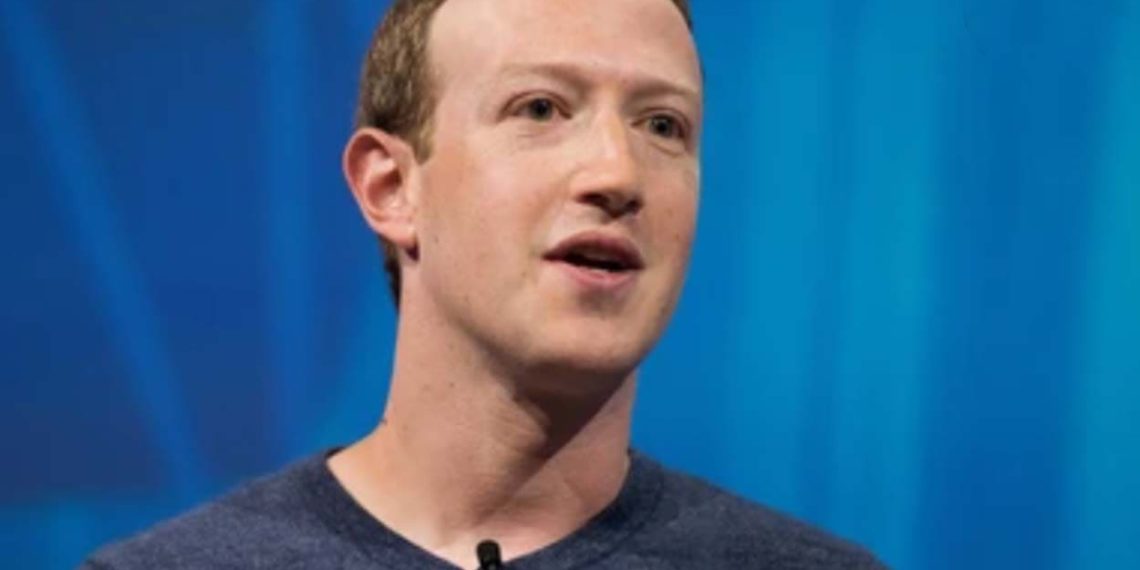-
Facebook plans to hire 10,000 in EU to work on metaverse

The BBC reported, Facebook is planning to hire 10,000 people in the European Union to develop a so-called metaverse.
It said that the metaverse is an online world where people can game, work and communicate in a virtual environment, often using VR headsets.
It mentioned that Facebook CEO Mark Zuckerberg has been a leading voice on the concept.
According to the BBC, the announcement comes as Facebook deals with the fallout of a damaging scandal and faces increased calls for regulation to curb its influence.
Facebook said in a blog post: "The metaverse has the potential to help unlock access to new creative, social, and economic opportunities. And Europeans will be shaping it right from the start."
 Mark Zeckrberg
Mark ZeckrbergThe new jobs being created over the next five years will include "highly specialised engineers".
Read more: Costa Rica wins £1m from Duke of Cambridge’s Earthshot prize
Facebook said that investing in the EU offered many advantages, including access to a large consumer market, first-class universities and high-quality talent.
According to the BBC, Facebook has made building the metaverse one of its big priorities.
Despite its history of buying up rivals, Facebook claims the metaverse "won't be built overnight by a single company" and has promised to collaborate.
It recently invested $50m (£36.3m) in funding non-profit groups to help "build the metaverse responsibly".
Read more: Afghans struggle to cope with incoming winter amid price hike of daily basic needs
But it thinks the true metaverse idea will take another 10 to 15 years.
Some critics say this latest announcement is designed to re-establish the company's reputation and divert attention, after a series of damaging scandals in recent months.
This included revelations from whistleblower Frances Haugen, who worked as a product manager on the civic integrity team at Facebook.
Internal research by Facebook found that Instagram, which it owns, was affecting the mental health of teenagers. But Facebook did not share its findings when they suggested that the platform was a "toxic" place for many youngsters.
Source: BBC
You May Also Like
Popular Posts
Caricature
BENEFIT Sponsors BuildHer...
- April 23, 2025
BENEFIT, the Kingdom’s innovator and leading company in Fintech and electronic financial transactions service, has sponsored the BuildHer CityHack 2025 Hackathon, a two-day event spearheaded by the College of Engineering and Technology at the Royal University for Women (RUW).
Aimed at secondary school students, the event brought together a distinguished group of academic professionals and technology experts to mentor and inspire young participants.
More than 100 high school students from across the Kingdom of Bahrain took part in the hackathon, which featured an intensive programme of training workshops and hands-on sessions. These activities were tailored to enhance participants’ critical thinking, collaborative problem-solving, and team-building capabilities, while also encouraging the development of practical and sustainable solutions to contemporary challenges using modern technological tools.
BENEFIT’s Chief Executive Mr. Abdulwahed AlJanahi, commented: “Our support for this educational hackathon reflects our long-term strategic vision to nurture the talents of emerging national youth and empower the next generation of accomplished female leaders in technology. By fostering creativity and innovation, we aim to contribute meaningfully to Bahrain’s comprehensive development goals and align with the aspirations outlined in the Kingdom’s Vision 2030—an ambition in which BENEFIT plays a central role.”
Professor Riyadh Yousif Hamzah, President of the Royal University for Women, commented: “This initiative reflects our commitment to advancing women in STEM fields. We're cultivating a generation of creative, solution-driven female leaders who will drive national development. Our partnership with BENEFIT exemplifies the powerful synergy between academia and private sector in supporting educational innovation.”
Hanan Abdulla Hasan, Senior Manager, PR & Communication at BENEFIT, said: “We are honoured to collaborate with RUW in supporting this remarkable technology-focused event. It highlights our commitment to social responsibility, and our ongoing efforts to enhance the digital and innovation capabilities of young Bahraini women and foster their ability to harness technological tools in the service of a smarter, more sustainable future.”
For his part, Dr. Humam ElAgha, Acting Dean of the College of Engineering and Technology at the University, said: “BuildHer CityHack 2025 embodies our hands-on approach to education. By tackling real-world problems through creative thinking and sustainable solutions, we're preparing women to thrive in the knowledge economy – a cornerstone of the University's vision.”
opinion
Report
ads
Newsletter
Subscribe to our mailing list to get the new updates!






















